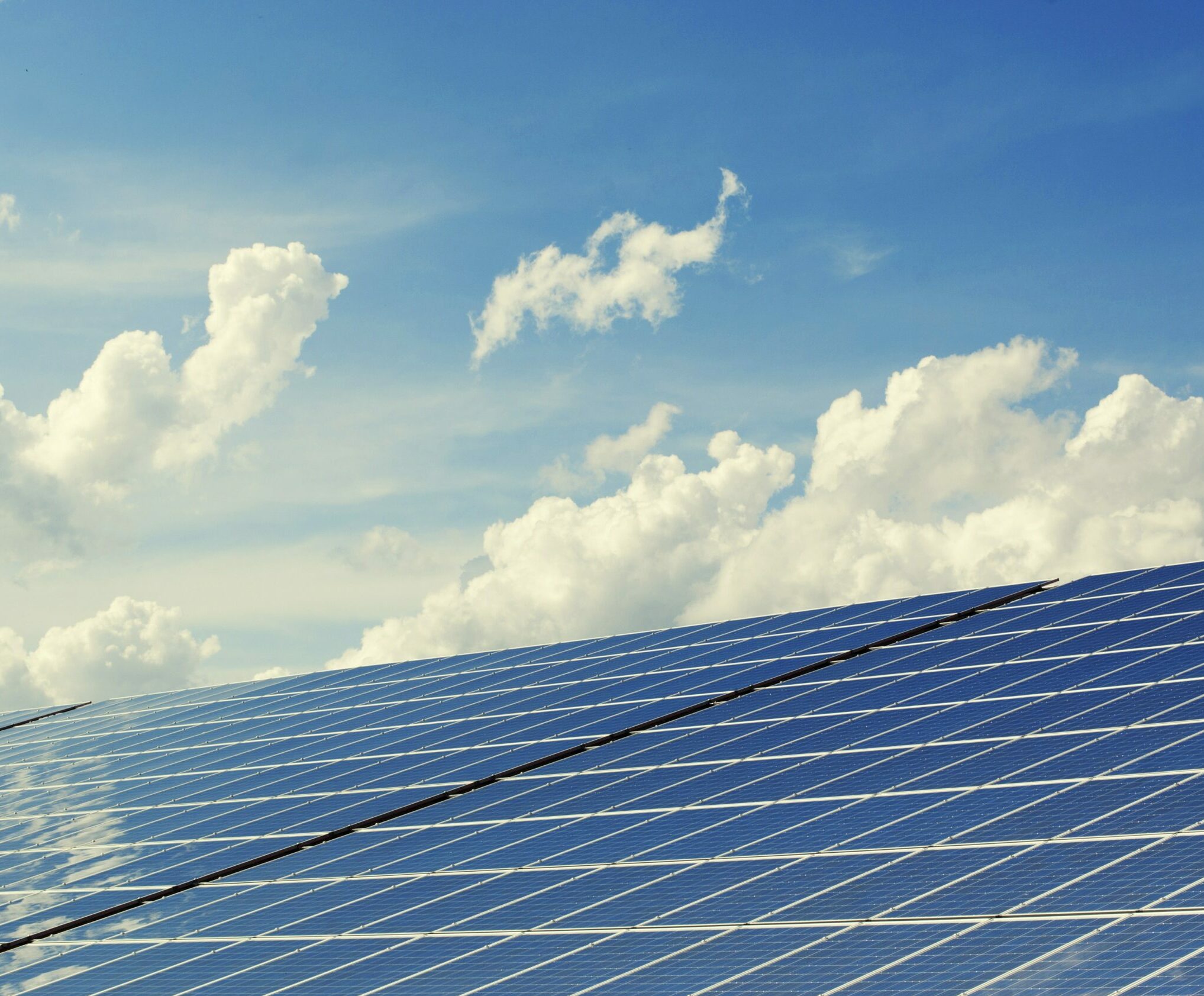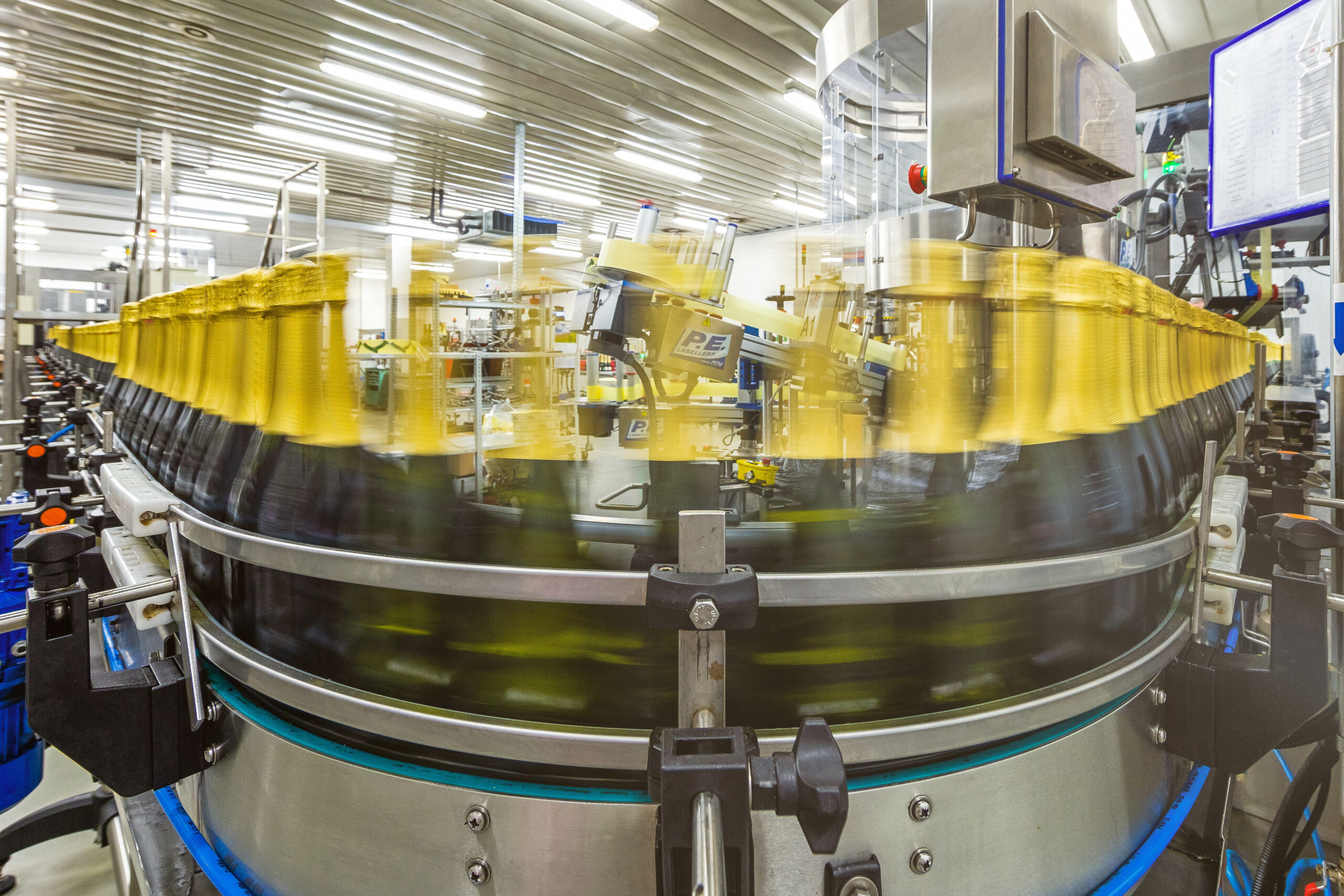
MV GROUP Production, a company operating four beverage factories in Lithuania, is investing more than EUR 1.4 million in green energy projects. The Alytus and Anykščiai factories will be equipped with modern solar power plants and all the necessary infrastructure. Clean energy production will start in March next year. The move will allow the company to operate more sustainably while helping to contain rising business costs due to high electricity prices.
“Having our own solar power plants is another step towards energy efficiency and sustainability. We have been supplying certified 100% green energy to our factories for several years now, and from next spring we will be partly self-sufficient in clean energy. And we are not neglecting our other environmentally friendly solutions when it comes to renewable energy. We are consistently investing in modernising our factory infrastructure and improving our production processes. This not only allows us to work more efficiently and conveniently, but also to reduce resource consumption. For example, by introducing new technologies and streamlining processes, we have reduced water consumption in our factories by an average of 15-18% over the last couple of years. Today, we are investing in the next phase of green energy and continuing to create synergies between nature and the latest technologies,” says Algirdas Čiburys, CEO of MV GROUP Production.
The company plans to install a 1 megawatt (MW) solar power plant at its Alita factory in Alytus and a 760 kilowatt (kW) solar power plant at the Anykščių vynas factory. Infrastructure installation works will start in November this year and are expected to be completed in February next year. Čiburys expects the power plants to be operational in March 2023 and to consume energy directly for the factories’ needs, while in May the factories are expected to become generating customers and will be able to transfer their instantaneous surplus electricity to the ESO’s (Energijos Skirstymo Operatorius) grid.
Rising energy prices have become a challenge not only for the beverage industry, and the new plants will help to better manage production costs and keep products competitive. The EUR 1.4 million investment in the solar plants is expected to have a payback period of up to 6-7 years.
Reenpro will be responsible for the installation of the solar power plants. MV GROUP Production’s partners have provided some of the most efficient solar modules and other equipment that should last at least 40 years.
“MV GROUP Production’s projects are yet another proof that Lithuanian business is taking the green course – creating energy independence with the whole country and employing renewable energy sources – the sun. In turn, we ensure the installation and maintenance of solar power plants on industrial sites so that such projects would pay off and be efficient as soon as possible,” says Danis Jarušas, CEO of UAB Reenpro.
MV GROUP Production, the company that manages the Stumbras, Alita, Anykščių Vynas and Gubernija plants, estimates that the first phase of investments in solar power plants should meet about 23% of the total electricity demand. The power plant in Alytus should produce about one third of the total annual electricity consumption of the plant, while the power plant in Anykščiai should produce about two thirds of the plant’s total consumption.
“Green energy and green manufacturing are global trends which we are following. We are connected to nature and use a lot of natural raw materials – plants, fruits and berries – to produce our drinks. As a responsible producer, we are happy to produce without waste. For example, thousands of tonnes of apples we buy every year are used 100% of the time at our Anykščiai Vynas plant – we use the fruit juice to make drinks and concentrates, and the rest of the pomace is dried and sold to pectin producers. Every step towards sustainable and efficient production is significant because it is a contribution to the future,” says Čiburys.

